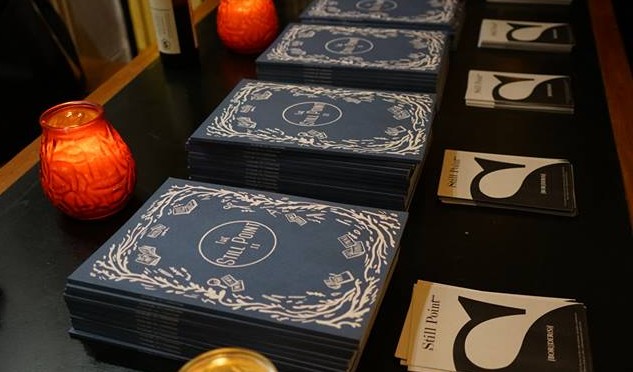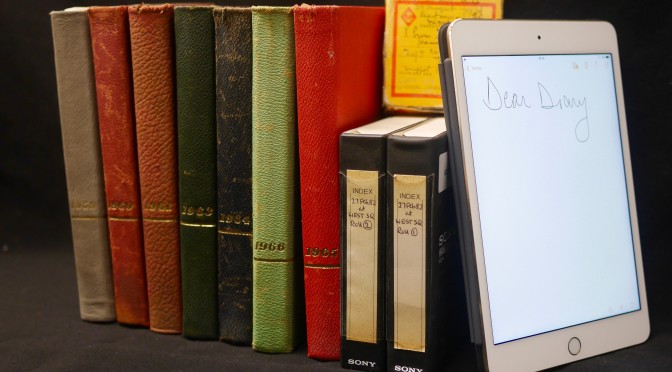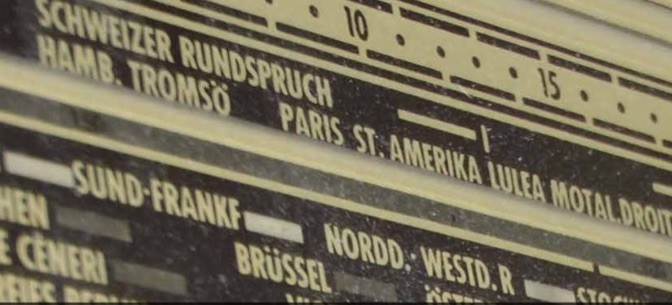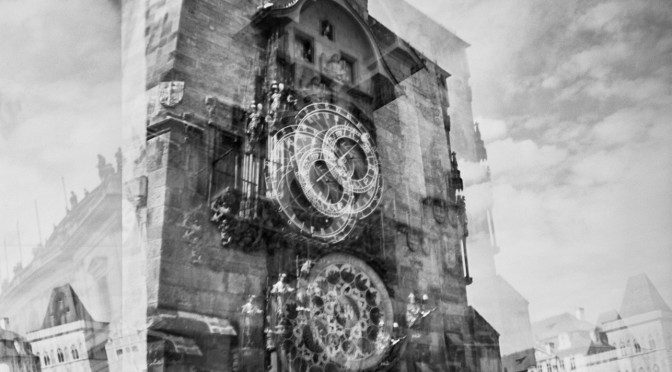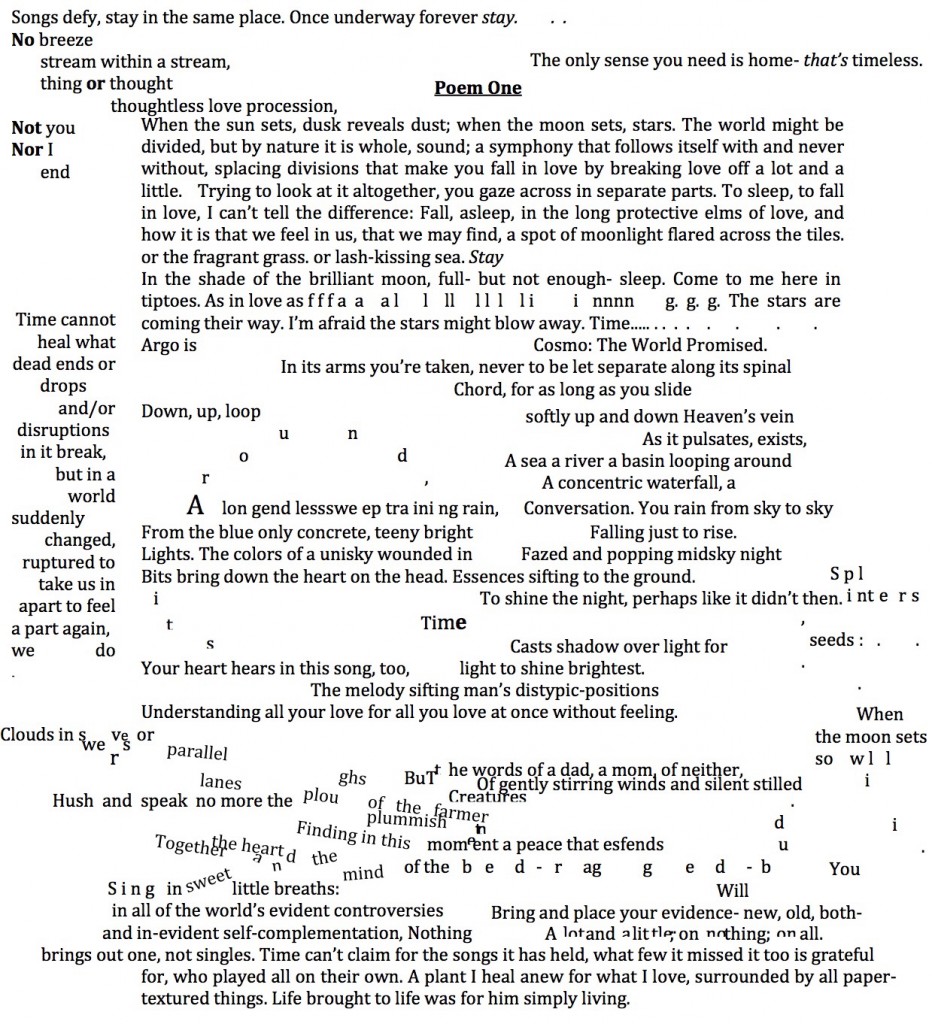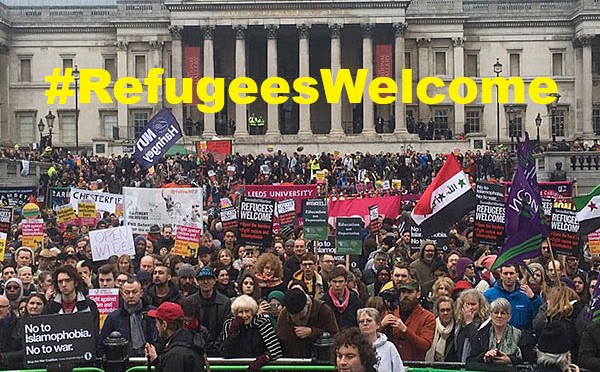Following the successful launch of The Still Point Issue 2, we speak with Mariam Zarif, editor-in-chief 2017-2018, about the new team’s vision for the journal. Mariam is a PhD researcher in the Department of English at King’s, writing on New Woman male writers as ‘transvestities’ and the politics of cross dressing in the fin de siècle. She heads up an editorial team composed of PhD researchers at King’s, UCL, Queen Mary, and the School of Advanced Study.
Find The Still Point Journal online, on Facebook and Twitter.
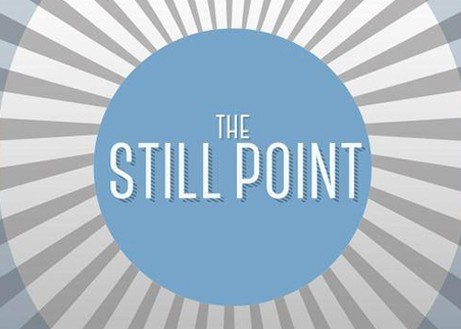
KE: Could you tell us a bit about The Still Point and how it was originally conceptualised? How is it different from other literary journals?
MZ: The Still Point is a medium that celebrates creative and innovative writing and research experiences. Founded by King’s English PhD researcher Francesca Brooks in 2015, the journal was designed to offer research students a space of ‘one’s own’, where they can reflect on their research experiences.

